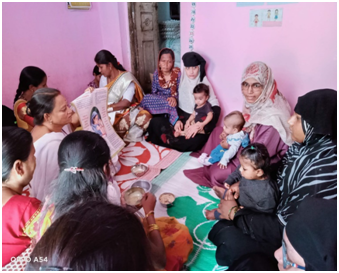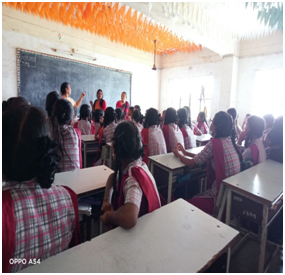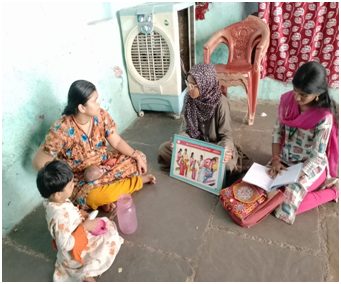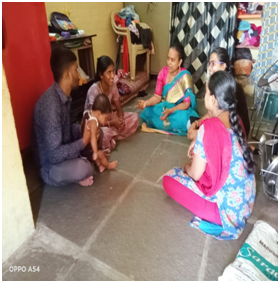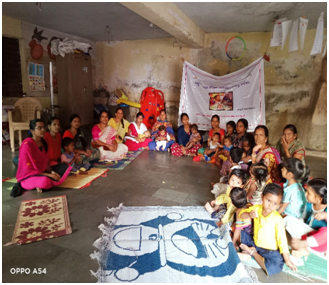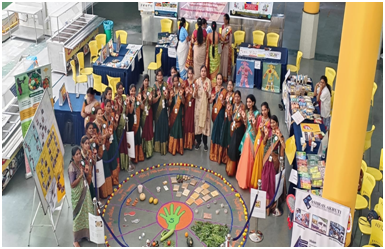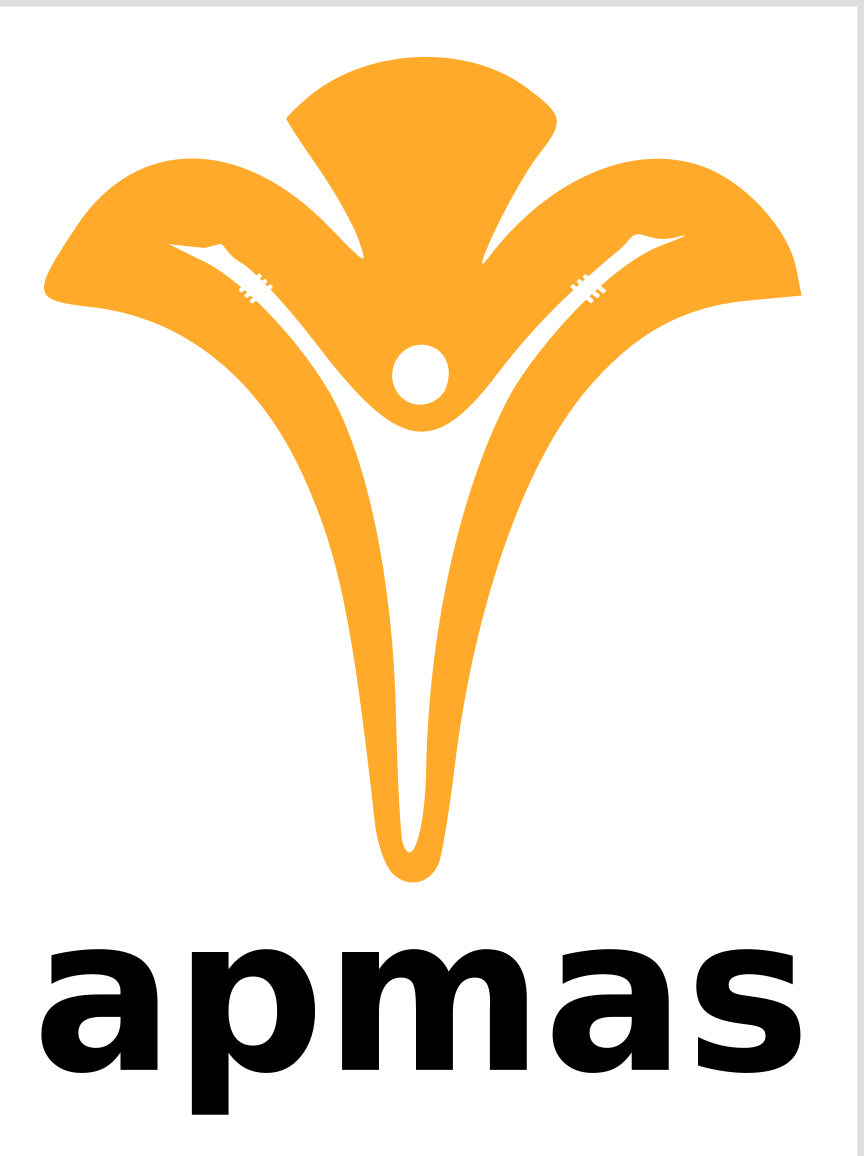
Background
India, with a population of more than 1.4 billion people, has many challenges in improving the health and nutrition of women, adolescents and children. Steady declines have been noted in fertility, maternal, infant & child mortalities and the prevalence of severe manifestations of nutritional deficiencies. This issue is often more intense in urban slums where it is exacerbated by a lack of quality nutrition services. The most vulnerable in these urban slums are pregnant, lactating mothers and young children whose nutrition status depends on the ability of the household to provide nutritious meals, the quality & uptake of nutrition services, and overall community support. Undernutrition is further compounded by a number of socio-cultural and economic barriers prevailing in the slums
Mehdipatnam Municipal Circle (Khairatabad Zone, Greater Hyderabad Municipal Corporation, Telangana State) consists of 59 wards with 63,813 population across 14,135 households. Different social groups viz., SCs, Minorities, STs & OBCs, etc., live there with different occupations (fruits, flowers & vegetable vendors, construction workers, etc.). The Municipal Circle has 800 women Self Help Groups (SHGs) with around 8,000 members and there are a total of 11 Slum Level Federations (SLFs). The proposed operational geography of the Nutrition and Health Project is 10 slums in the Mehdipatnam Municipal Circle
This Nutrition and Health Project, funded by WIPRO Cares, is implemented by APMAS. The Project aims to address gender barriers for improved health and nutrition behaviour in pregnant and lactating women (PLW) through SHG platforms in the urban slums of GHMC, Telangana
Project Objective:
Operational Area:
Geographic area covers 10 slums (14 AWCs) of Mehdipatnam Circle (7 AWCs) and Karwan Circle (7 AWCs) of GHMCDuration:
3 Yrs (June 2022 to May 2025)Outreach:
Covers 26,000 direct population of different social groups and another 40,000 indirect populationCollaborators:
State Government of Telangana, MEPMA (Mission for Elimination of Poverty in Municipal Areas), UCD division of GHMC (Greater Hyderabad of Municipal Corporation), Women & Child Welfare and Health & Family Welfare departments, School education department (Upper primary), College of Home Science and other NGOsStrategies include:
Social Behavioural Change Communication Materials
Innovative Social Behavioural Change Communication (SBCC) materials were developed by APMAS in the Project on malnutrition, the importance of dietary diversity, menstrual hygiene practices, the role of men in the family and other stakeholders. These communication materials are used extensively in training, SHG meetings and slum-level Federation (SLF) meetings. Existing materials from other agencies including Govt Departments also used appropriately. These materials include games, posters, flip charts, video clippings, modules, etc. The counterparts of ICDS, Health, and some selected Community Resource Persons (CRPs) are trained on effective use of the SBCC materials to achieve the desired resultsMaterials Developed:
- 10 Important food groups for Pregnant Women & Lactating Women
- Prevention of Anemia - Poster
- Role of Husband - Poster
- Snake & Ladder - Poster
- Roles & Resposibilities of Husband - Flyer
- Proper feeding practices and nutrition for infants under 6 months - Flip chart
- Health & Nutrition practices for 7 - 18 months children - Flip chart
- Nutrition and care of pregnant and lactating women - flip chart
Healthy Kids Bright Future- Focusing on Adolescent Health
With permission from Ms. Rohini, District Education Officer, Hyderabad, the Urban Nutrition Project team successfully organized a two-day health camp for 130 teenagers on July 23 and 24 at two schools: Government High School, Kulsumpura, and GHS Devalijamsing Government School, Gudimalkapur. The event was organized in partnership with the Helping Hands Foundation. Essential health services provided by the camp were blood (hemoglobin) tests, dental checkups, and eye tests. The program's main objectives were to assist students' general well being, identify and resolve health issues, and promote good nutrition and health awareness. The APMAS, Helping Hands Foundation team, supporting school head masters, ASHA workers, and eager kids all contributed to the event's success by demonstrating their shared dedication to enhancing adolescent health.








Photos
